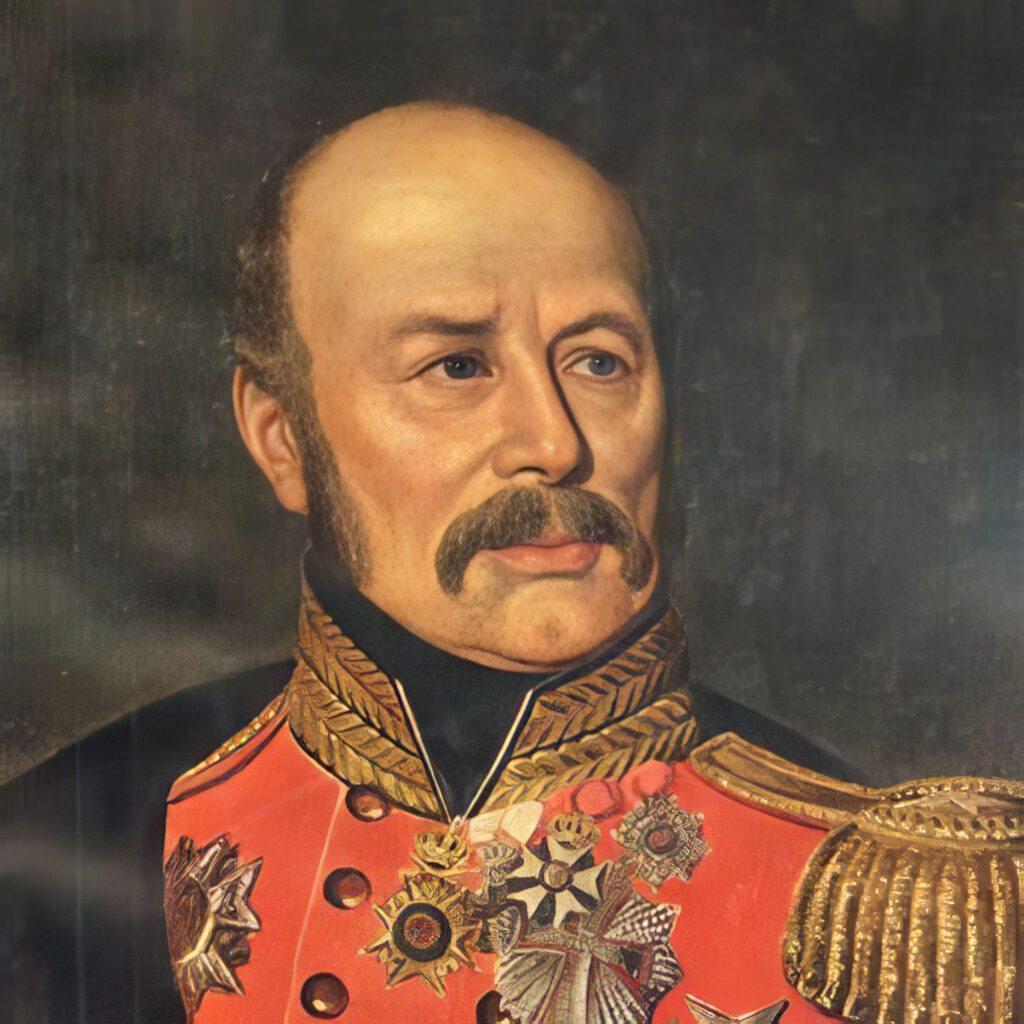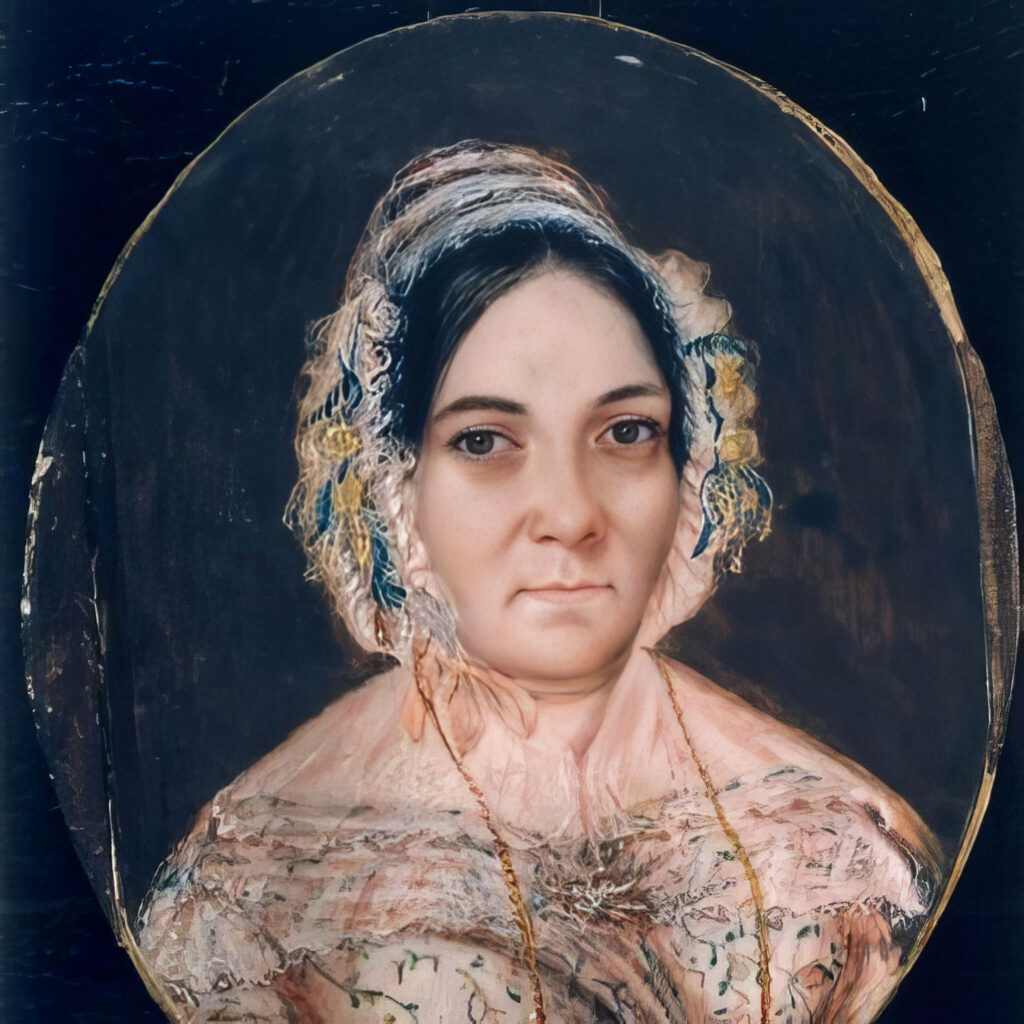Governor Peter von Scholten

Peter Carl Frederik von Scholten was born on May 17, 1784, in Copenhagen, Denmark. He is renowned as one of the most prominent Danes in the West Indies. Initially serving as an officer in the army and having a close association with King Frederik VI, his career took a significant turn when he transitioned to become a customs officer on St. Thomas after leaving the military in 1814. Subsequently, he ascended to the position of Governor on St. Thomas in 1823, later becoming the Governor-General overseeing all three islands by 1827.

In 1810, he married Anna Elizabeth (Lise) Thortsen in Copenhagen, with whom he had three daughters. Additionally, he maintained a relationship with a freed slave on St. Croix, Anna Heegaard. This extramarital relationship notably impacted his governance, leading to groundbreaking decisions such as granting similar civil rights to freed slaves as Europeans, endorsing the establishment of schools for enslaved children, and allowing enslaved individuals to have Saturdays off in addition to their existing Sundays. This advocacy for the rights of both freed and enslaved laborers stirred animosity among the European population.
His efforts to suppress the revolt of 1848 faced challenges as the unrest persisted for several days, reportedly contributing to a mental breakdown. On July 3, 1848, faced with an imminent slave revolt on St. Croix, von Scholten declared, “Now you are free, you are hereby emancipated!” This proclamation granted immediate freedom to approximately 30,000 enslaved individuals across the Danish West Indies. The decision was made without prior approval from the Danish Crown or government, which had been planning for a more gradual process of emancipation.
Following this tumultuous period, he was summoned back to Denmark, where he faced a trial that resulted in the loss of his pension, despite being acquitted of any misconduct. His decision to unilaterally declare emancipation was seen by some as a bold and necessary move to prevent violence, but by others—particularly officials in Denmark—as an overreach of his authority.
After the passing of his wife in 1849, he resided with one of his daughters in Altona, Hamburg until his demise on January 26, 1854. His final resting place is within the only mausoleum at Assistens Kirkegård, a cemetery located in the Nørrebro district of Copenhagen. Noteworthy figures like fairy tale writer Hans Christian Andersen (known for “The Little Mermaid” and “The Ugly Duckling”) and philosopher-theologian Søren Kierkegaard also find their eternal repose in this historic cemetery.